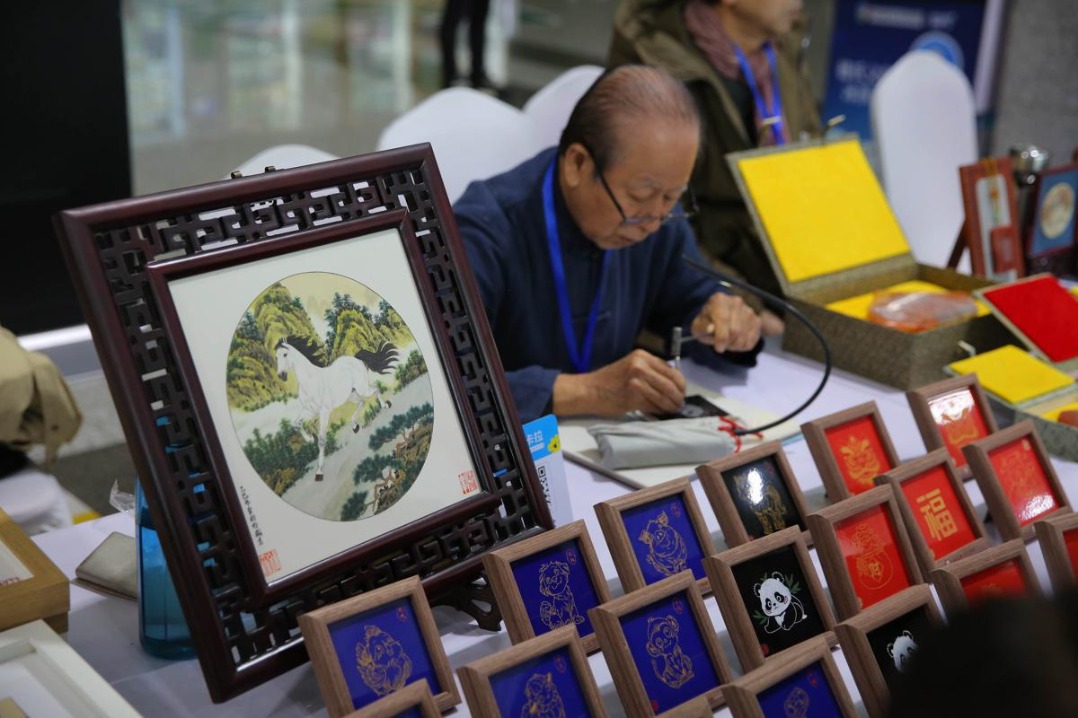New plant species discovered in South China karst cave

NANNING -- Chinese researchers have discovered a new Polygalaceae species that has potential medicinal value in South China's Guangxi Zhuang autonomous region, according to the Guangxi Institute of Chinese Medicine and Pharmaceutical Science.
The new species, which has been named Polygala spatulata, was found in a karst cave at an elevation of about 530 meters and is unique to Bama county in northwestern Guangxi, according to Nong You, a member of the research team.
Nong noted that plants in the Polygalaceae family are widely distributed around the world, with some species used to treat conditions such as malaria and physical weakness.
This discovery sheds light on the distribution and adaptive mechanisms of the Polygalaceae family in karst regions, and underscores the critical role of China's southwestern karst area in the conservation of plant biodiversity, according to researchers.
Details of the discovery were recently published in PhytoKeys, an international journal on plant taxonomy.
- IP protection for new fields to improve
- Draft rules define premade dishes in consumer interest
- Self-powering pacemaker could last a lifetime
- China intensifies crackdown on misuse of personal data
- China issues new rules classifying online content harmful to minors
- Chinese vice-premier urges efforts to consolidate poverty alleviation achievements




































